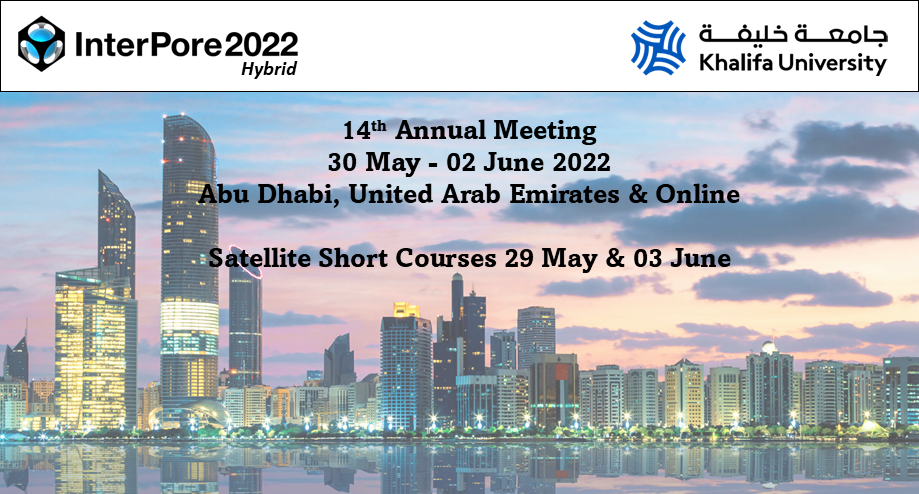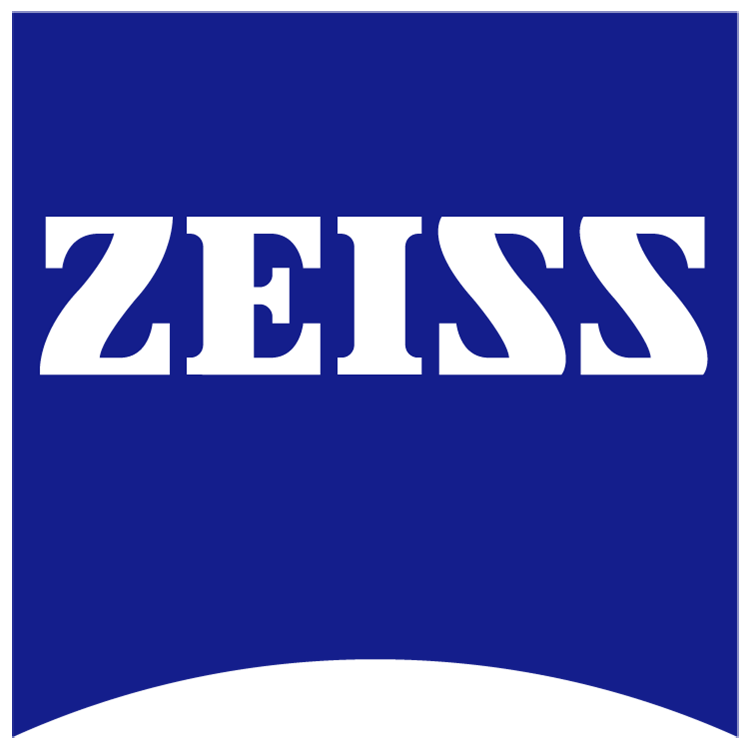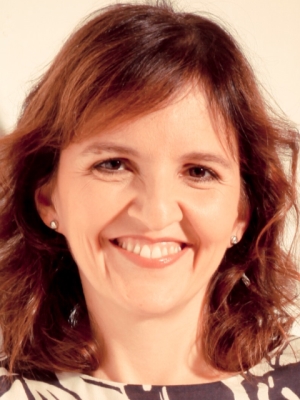 |
Laura De Lorenzis
ETH Zürich
|
|
Title:
Phase-field modeling and simulation of desiccation-induced cracking
Abstract:
We developed a phase-field approach to model desiccation-induced fracture in porous media. The model describes the coupling of deformation, fluid flow and fracture in partially saturated materials. Different coupling options are discussed and compared, and physically motivated improvements with respect to previous models are introduced. The discretization setting hinges upon a stabilized low-order finite element to maximize efficiency within a three-dimensional implementation. We also discuss the comparison of numerical results to predictions of semi-analytical approaches and to experimental results.
Bio:
Laura De Lorenzis received her Engineering degree and her PhD from the University of her hometown Lecce, in southern Italy, where she first stayed as Assistant and later as Associate Professor of Solid and structural mechanics. In March 2013 she moved to the TU Braunschweig, Germany, as Professor and Director of the Institute of Applied Mechanics. There she was founding member and Chair (2017-2020) of the Center for Mechanics, Uncertainty and Simulation in Engineering. Since February 2020 she is Professor of Computational Mechanics at the ETH Zürich. She was visiting scholar in several renowned institutions, including Chalmers University of Technology, the Hong Kong Polytechnic University, the Massachusetts Institute of Technology (as holder of a Fulbright Fellowship in 2006), the Leibniz University of Hannover (with an Alexander von Humboldt Fellowship in 2010-2011), the University of Texas at Austin and the University of Cape Town. She is the recipient of several prizes, including the RILEM L’Hermite Medal 2011, the AIMETA Junior Prize 2011, the IIFC Young Investigator Award 2012, two best paper awards and two student teaching prizes at the TU Braunschweig. In 2011 she was awarded a European Research Council Starting Researcher Grant. She has authored or co-authored more than 120 papers on international journals on different topics of computational and applied mechanics.
|
| |
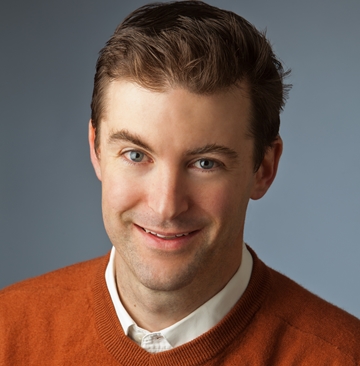 |
Abraham D. Stroock
Cornell University
|
|
Title:
The Pulse of Plants
Abstract:
Plants give life to our planet by pulling critical reagents out of the soil from below (water and micronutrients) and out of the atmosphere from above (light and carbon dioxide). To achieve this feat, they master a wide range of fluid mechanical contexts, from flows in unsaturated porous media around their roots, through nanoconfined flows in their tissues, to turbulent air flows around their leaves. They regulate these steps in the transpiration process passively through their internal and external structure and actively through valves (stomates) that control the coupling to the atmosphere. Through each day, the flux and stress within a plant pulse due to physical and biological responses to fluctuations in sunlight, wind, temperature, and humidity in the microenvironment. This pulse of plants defines their productivity and efficiency in both natural and agricultural contexts. In this talk, I will describe our work measuring these dynamics with a microfluidic sensor that itself borrows design principles from the vascular structure of plants. I will use our efforts to model the observed dynamics to illustrate the coupling of the various flows mentioned above with the physiology of plants. I will also point toward implications for improved understanding of the biology and increased efficiency in the management of water in agriculture.
Bio:
Abe Stroock is the Gordon L. Dibble '50 Professor in the Smith School of Chemical and Biomolecular Engineering at Cornell University. He is also an associate director of the Cornell Initiative for Digital Agriculture. His research relates to engineering microchemical processes with an emphasis on transport phenomena, thermodynamics, and physiology. Current topics in his lab involve the development of tools with which to manipulate metastable states of liquid water for the pursuit of fundamental questions in physical chemistry, plant physiology, and environmental transport and with applications in heat transfer and environmental sensing. He obtained his BA in Physics from Cornell in 1995 and his PhD in Chemical Physics in 2002 from Harvard University. He received an MIT Technology Review TR35 Award and an NSF CAREER Award.
|
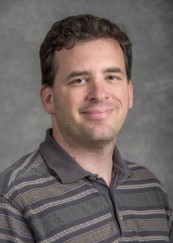 |
Adam Weber
Lawrence Berkeley National Laboratory
|
|
Title:
Transport and Multiphase Flow in Porous Media for Electrochemical Technologies
Abstract:
As low-temperature electrochemical technologies become increasingly important in our energy paradigm, there is a need to examine them holistically. For commercialization and optimization, one requires a detailed understanding of the underlying physics and phenomena, which is directly coupled to their structure that is composed of various porous media including porous electrodes and porous backing layers. Furthermore, for such technologies to become practical, they need to operate at high current densities, which drives the need for efficient transport of reactants and removal of products from the reaction site. Finally, such interactions most often involve multiphase flow, whether it is hydrogen fuel cells, water electrolyzers, CO2 reduction devices, etc. In this talk, we will explore the commonalities and approaches towards understanding multiphase flow in these systems with a focus on the importance that such phenomena play on the overall transport phenomena and cell performance.
Bio:
Bio: Adam Z. Weber is a Senior Scientist and Leader of the Energy-Conversion at Lawrence Berkeley National Laboratory and co-Director of the Million Mile Fuel Cell Truck Consortium. He received his PhD from UC Berkeley and MS and BS degrees from Tufts University. His current research involves understanding and optimizing electrochemical technologies using advanced modeling and diagnostics. Dr. Weber has coauthored over 175 peer-reviewed articles and 10 book chapters and developed many widely used models for them and their components. He is the recipient of a number of awards including a Fulbright, 2012 Presidential Early Career Award for Scientists and Engineers (PECASE), 2014 Charles W. Tobias Young Investigator Award of the Electrochemical Society, and 2016 Sir William Grove Award from the International Association for Hydrogen Energy. He is a Fellow of The Electrochemical Society and the International Association of Advanced Materials.
|
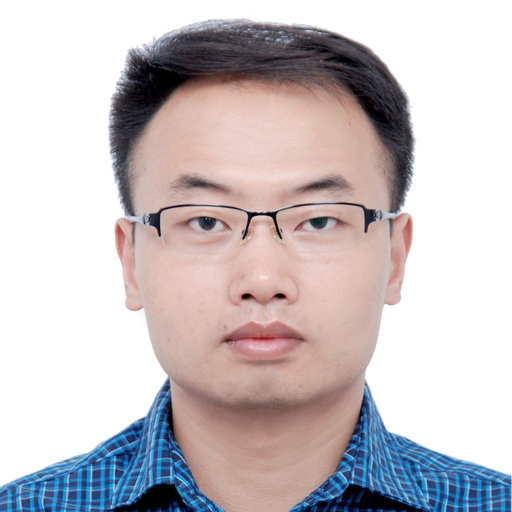 |
Peng Xu
China Jiliang University
|
|
Title:
Fractal Theory of Porous Media
Abstract:
Over the past four decades, fractal geometry has sparked considerable interest in many disciplines to characterize irregular and disorder objects that traditional Euclidean geometry fails to analyze. Since Katz and Thompson presented experimental evidence indicating that pore spaces of sandstone are self-similar in 1985, fractal geometry has been successfully applied into variety of porous media such as soil, rock, coal, shale, fiber, wood, ceramic, concrete, tissue, etc. In this talk, I will firstly review the background and applications of fractal geometry in porous media. And the fractal theory and methods to characterize and reconstruct the complex structures of porous media are illustrated. I will also introduce the fractal models for the transport properties of porous media.
Bio:
Peng Xu is Professor of Applied Physics at China Jiliang University. He serves as the editorial board member of FRACTALS. He earned his PhD from Huazhong University of Science and Technology in 2009. He was also visiting scholar at National University of Singapore (2007-2009) and visiting professor at McGill University (2015). The research interests includes heat and mass transfer in porous media, multiscale and multiphysics modeling, fractal geometry and its applications in engineering. He authored or co-authored 2 books, 1 book chapter, 60+ journal papers and 40+ conference papers, and h-index is 31 (Google). He won 3 provincial science and technology awards and 1 natural science award from Ministry of Education of China.
|




